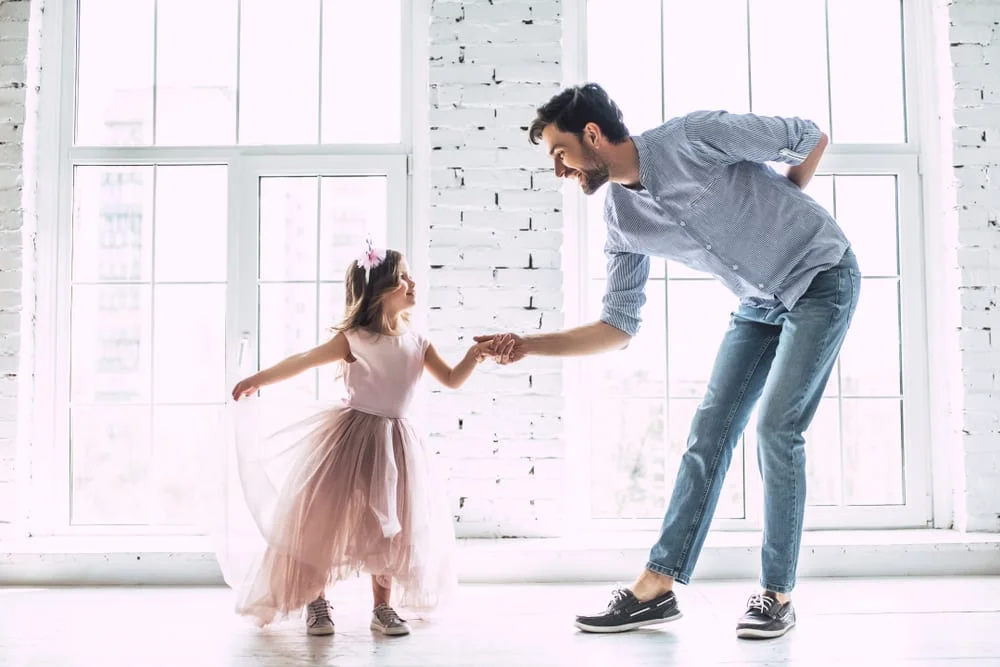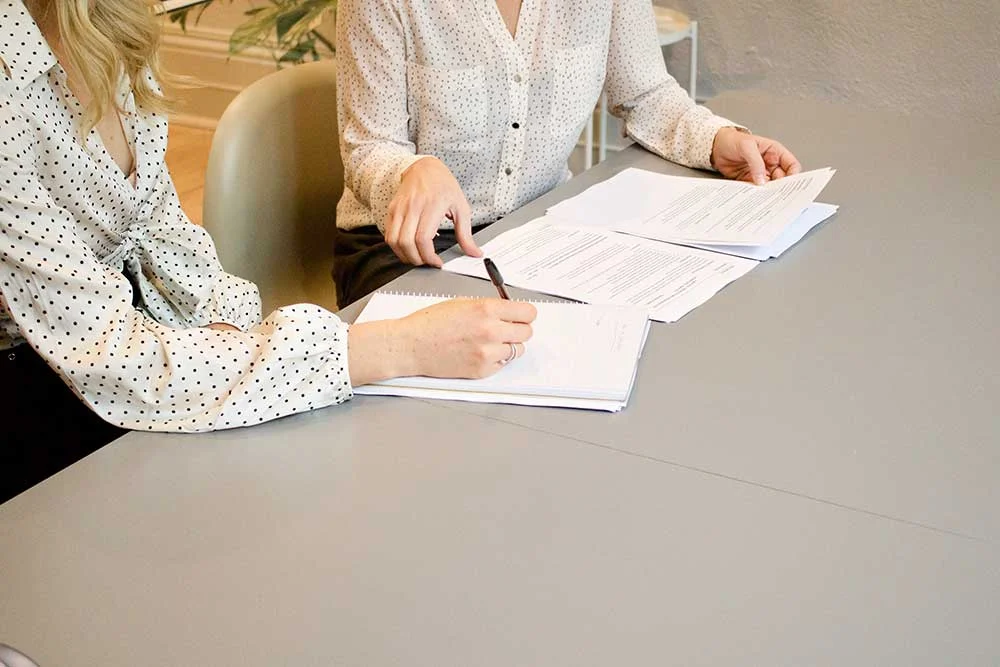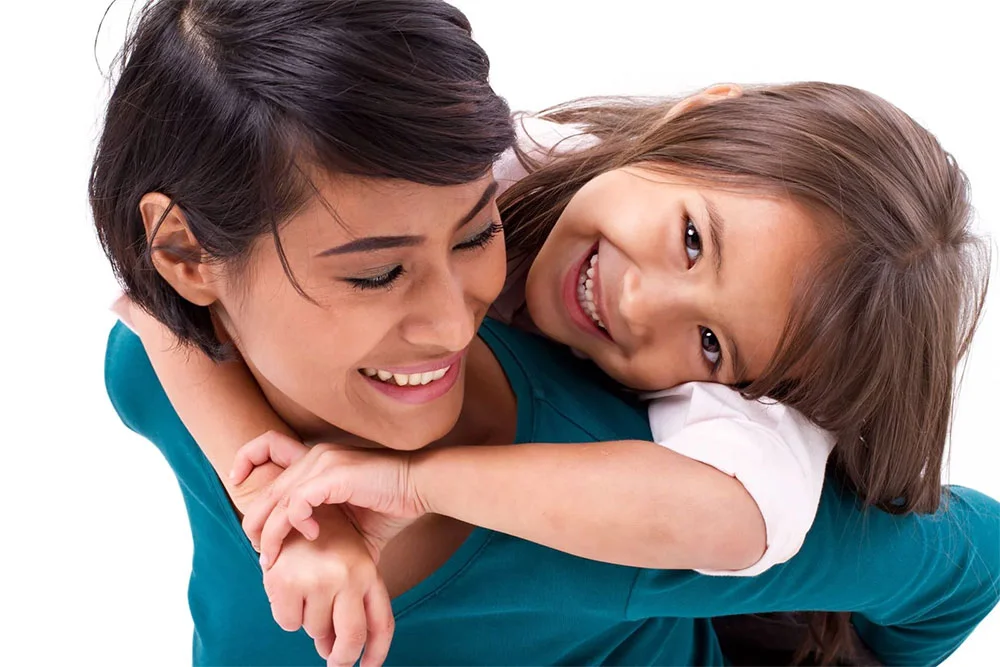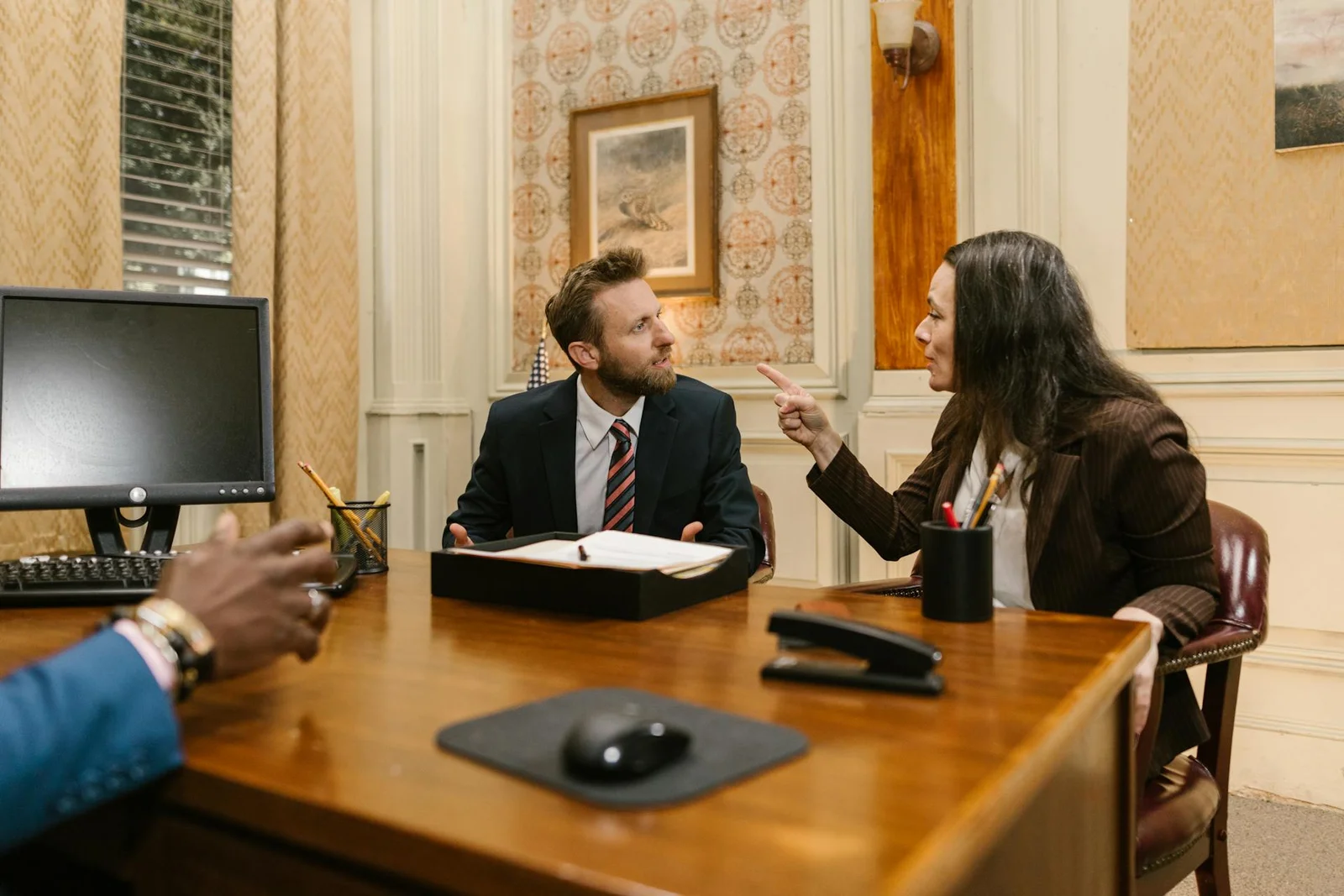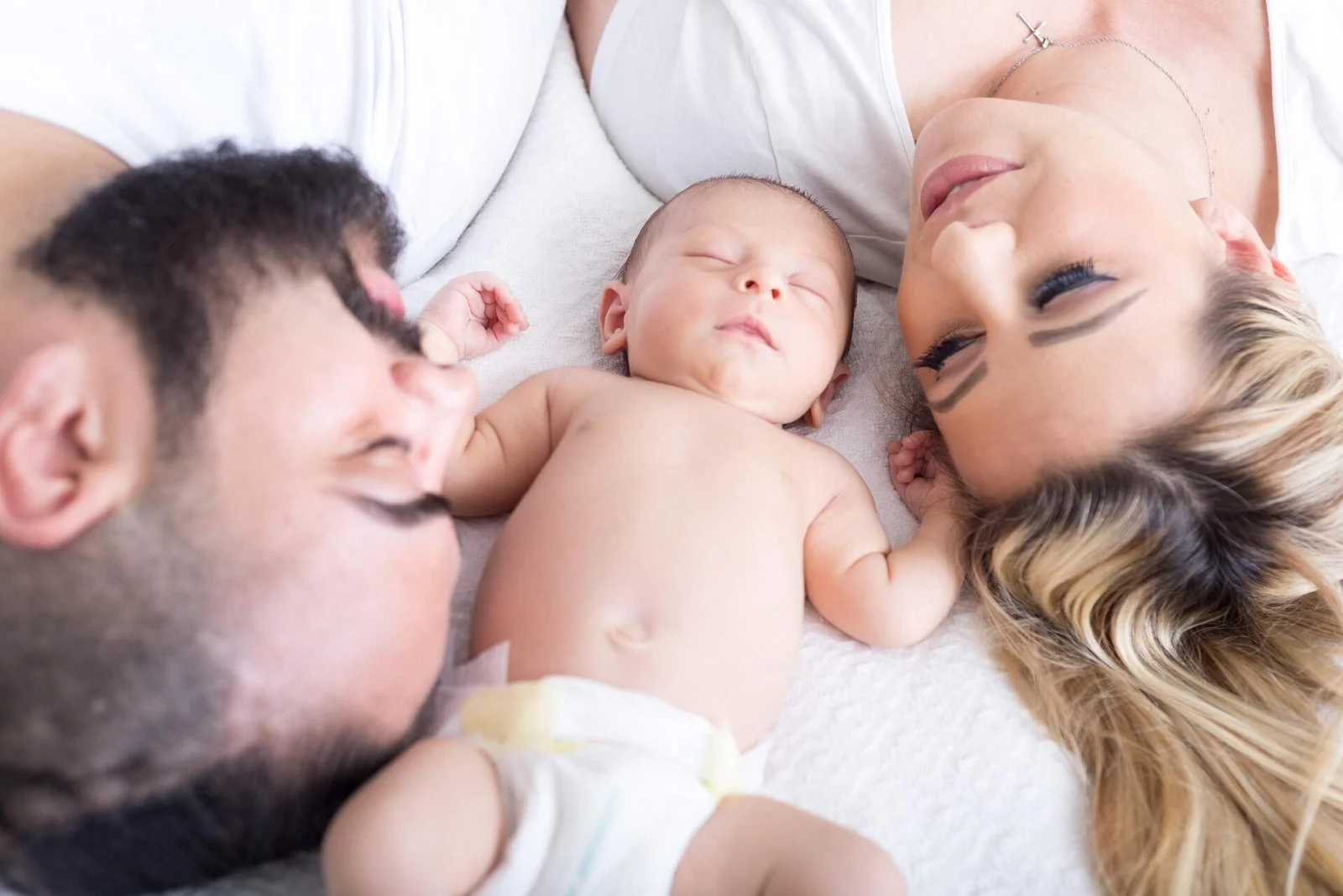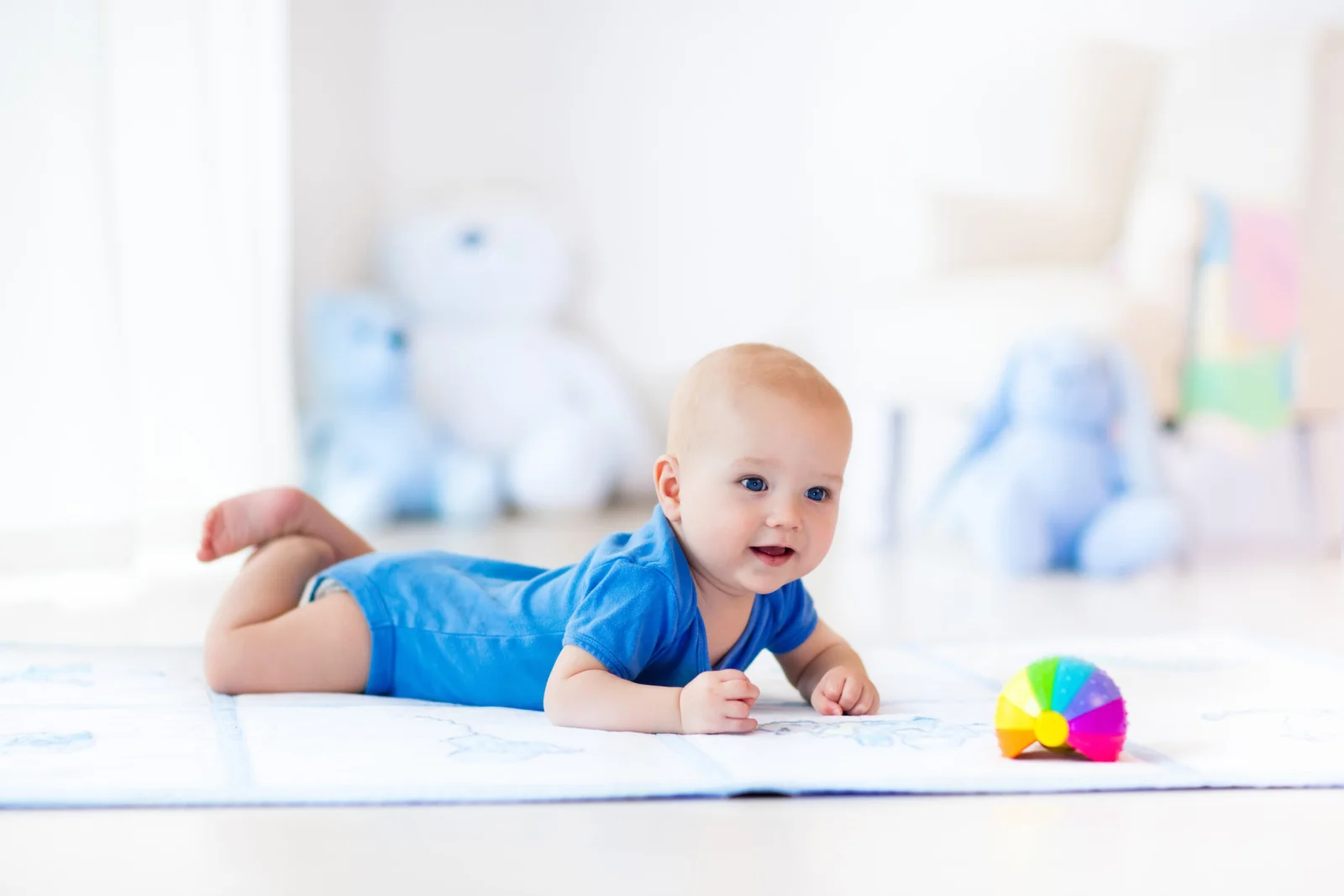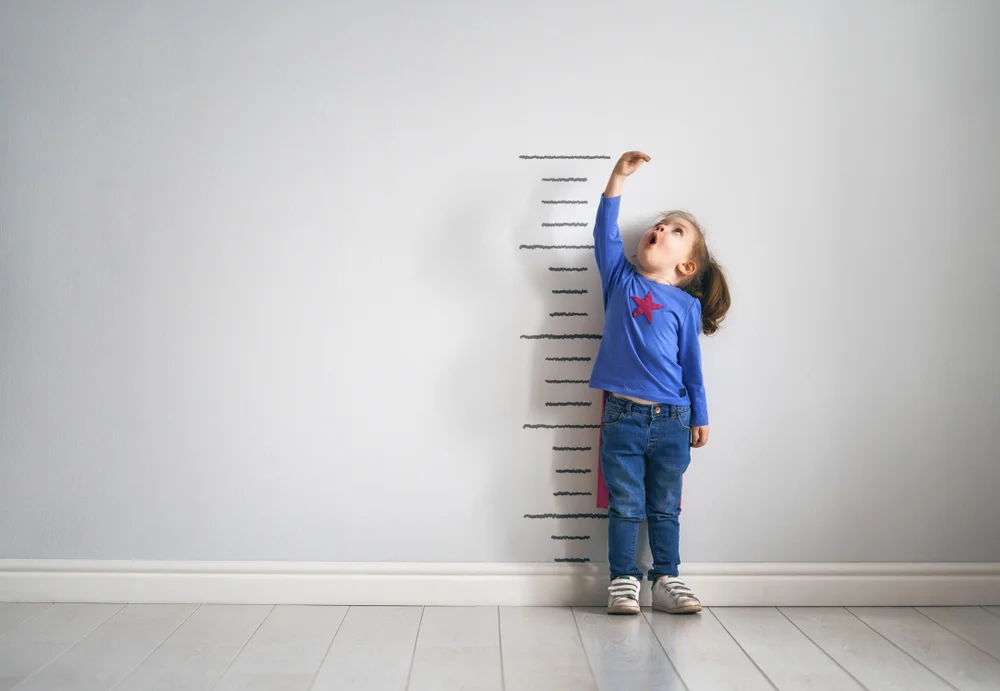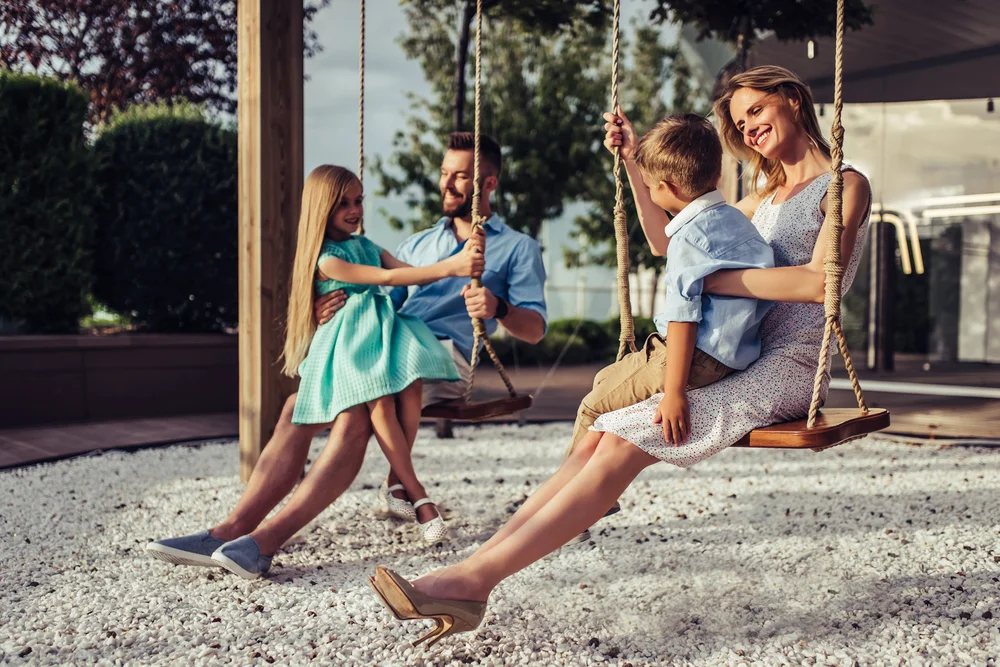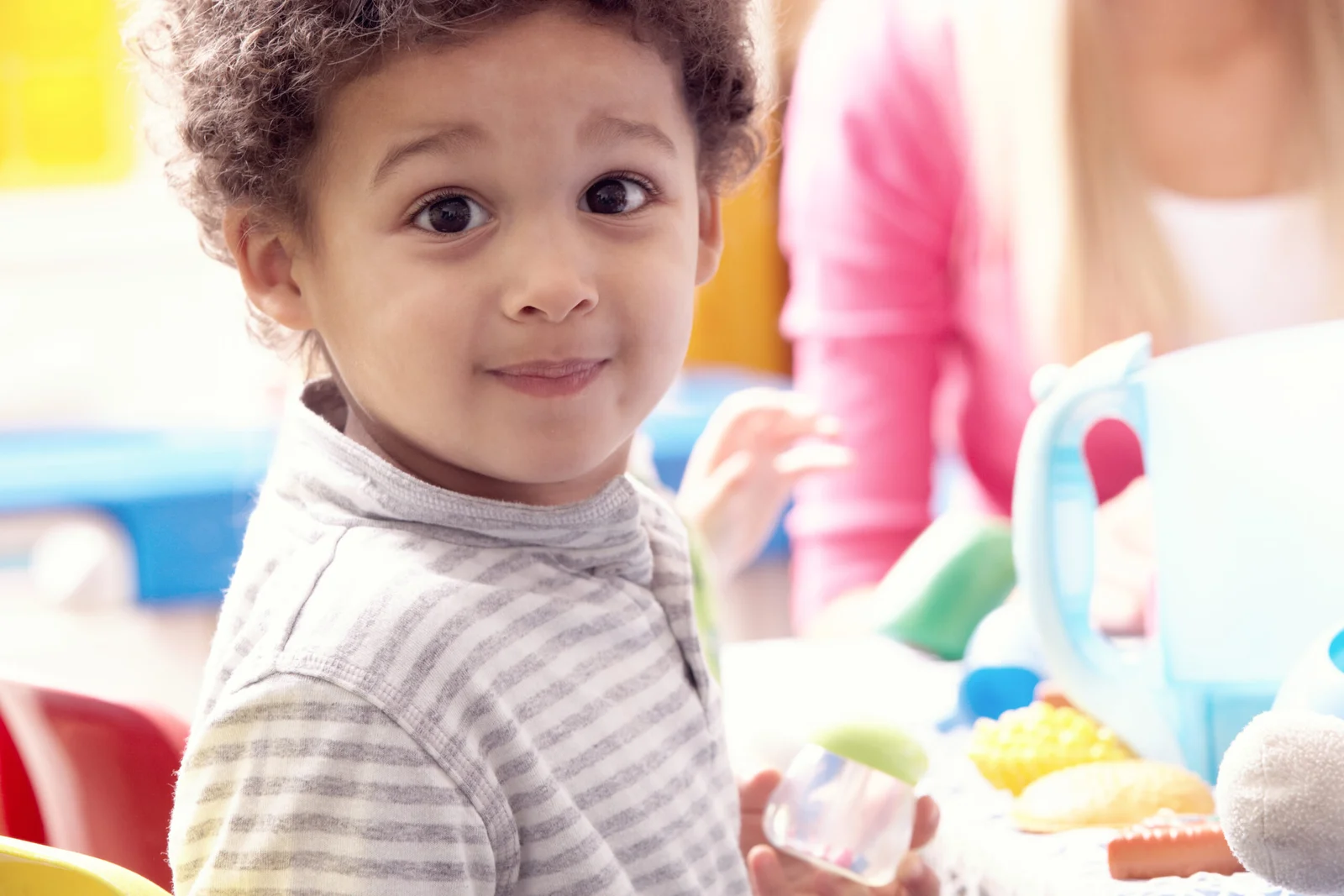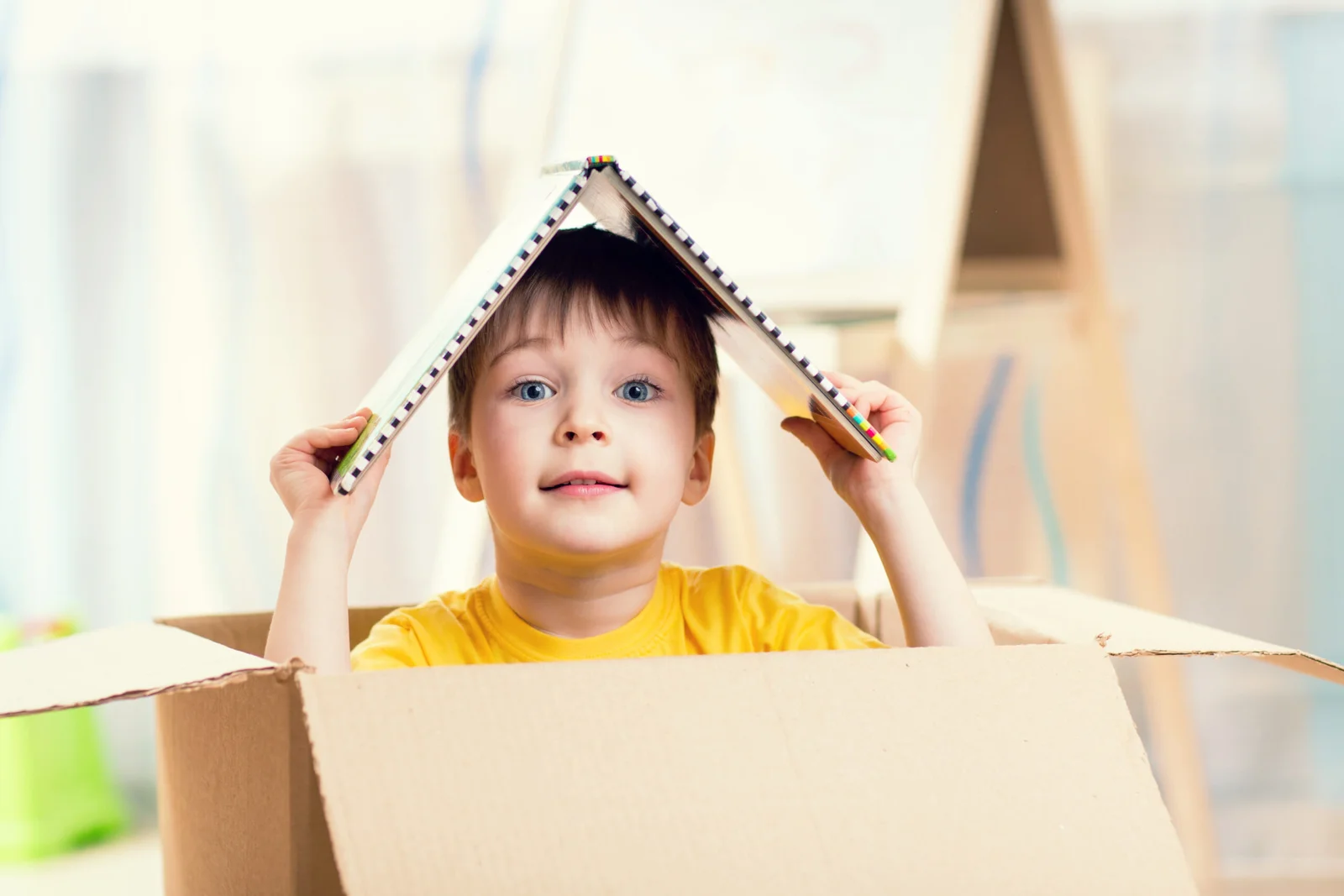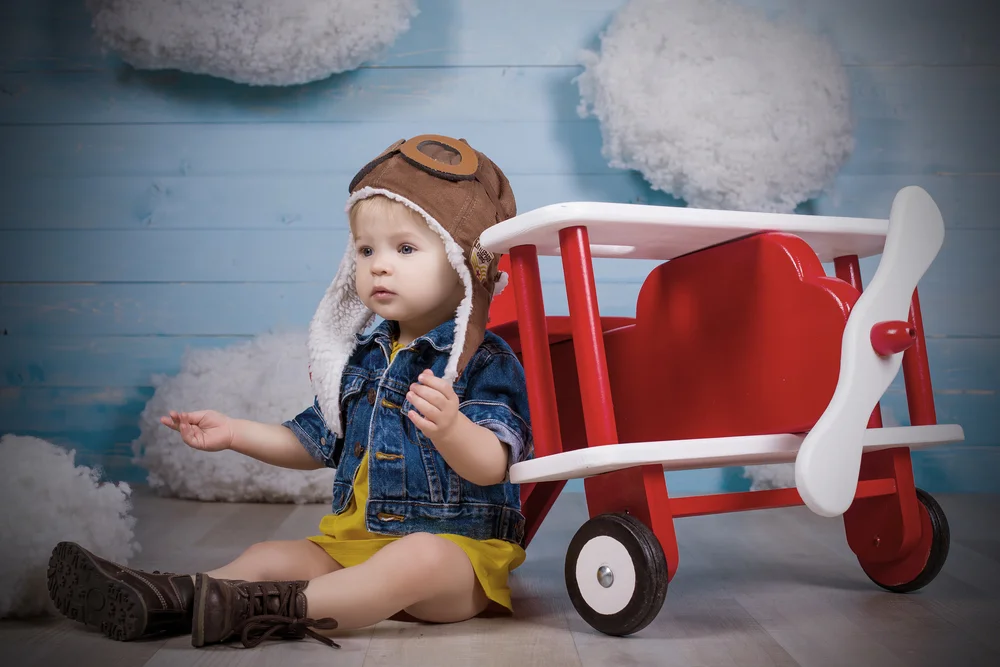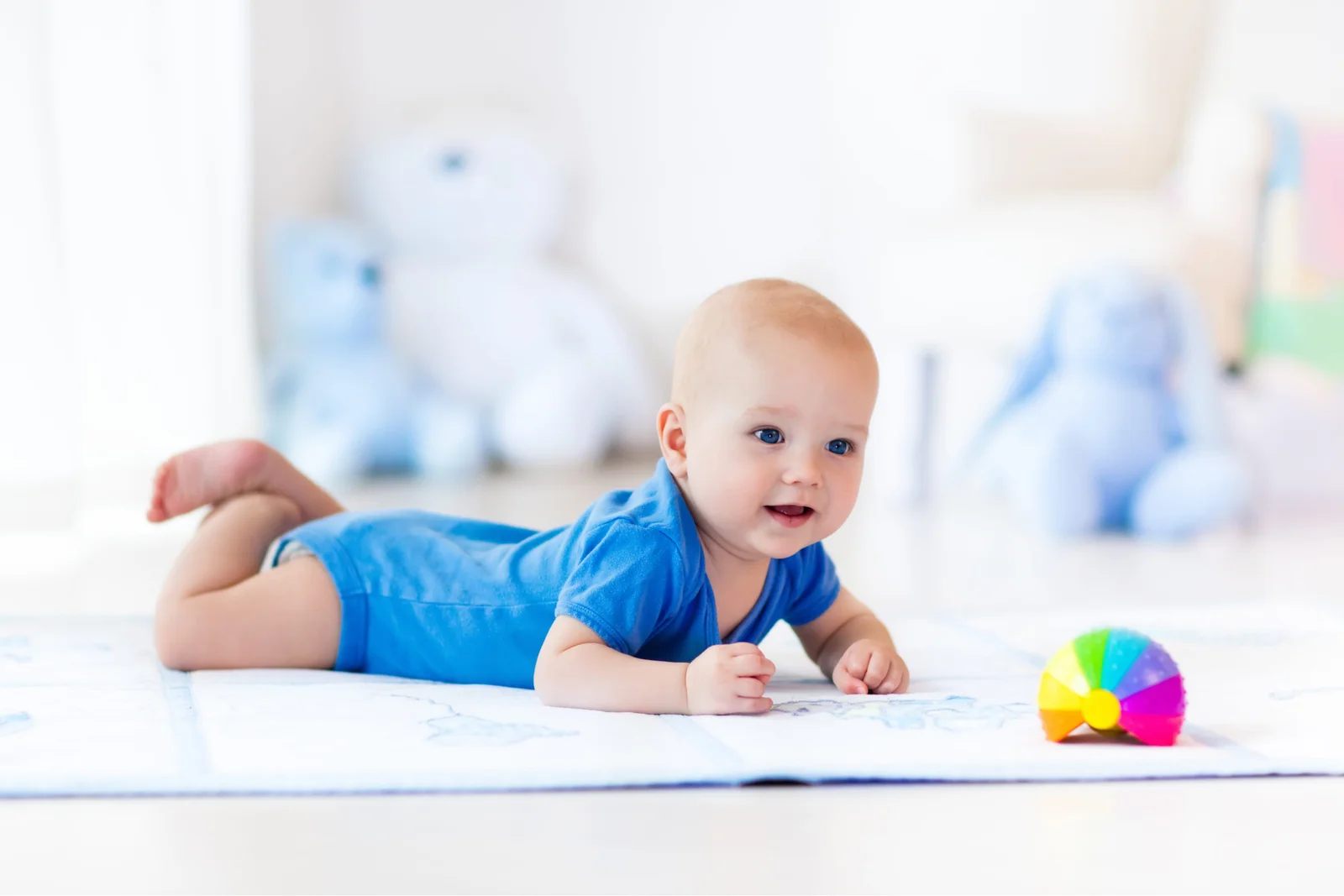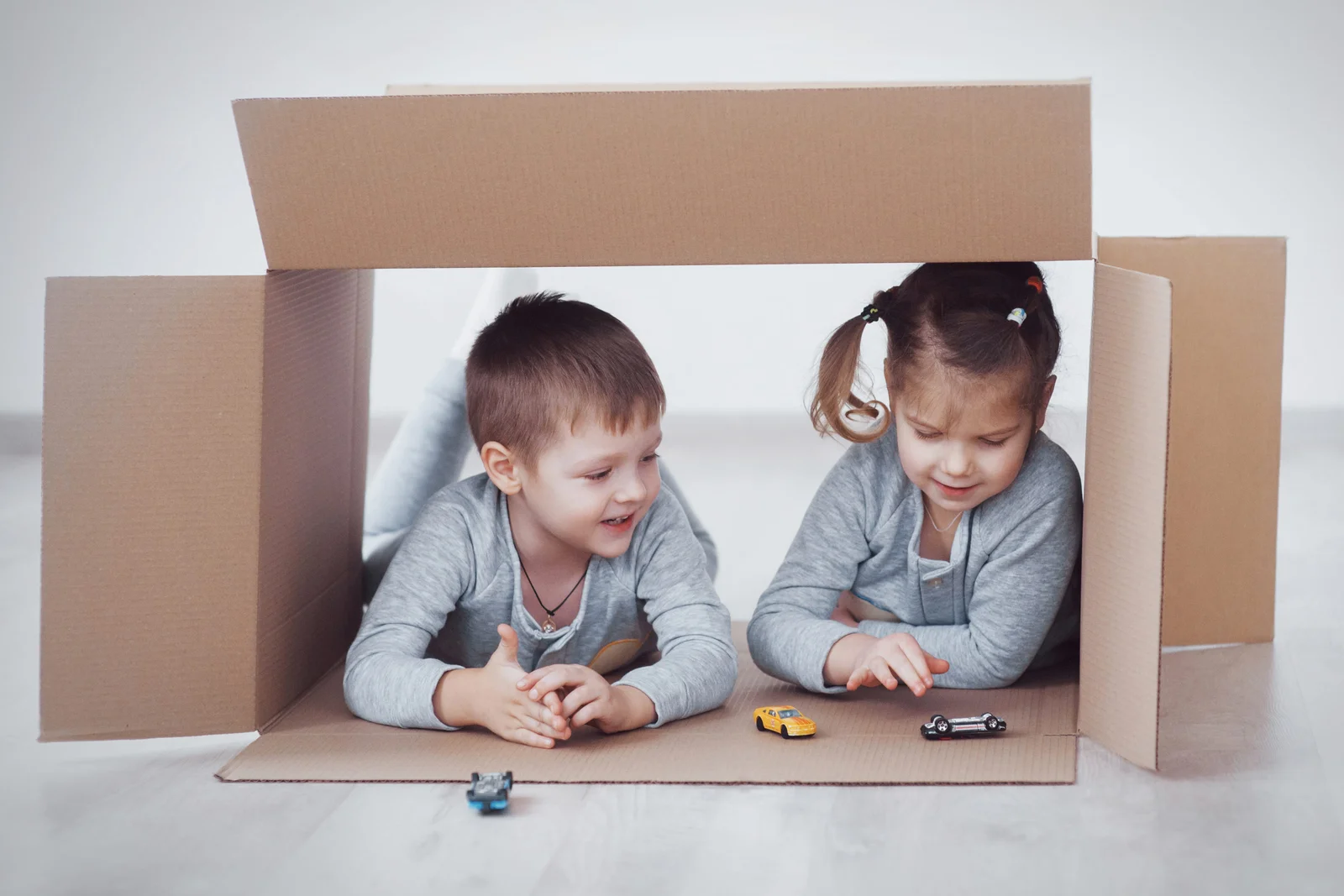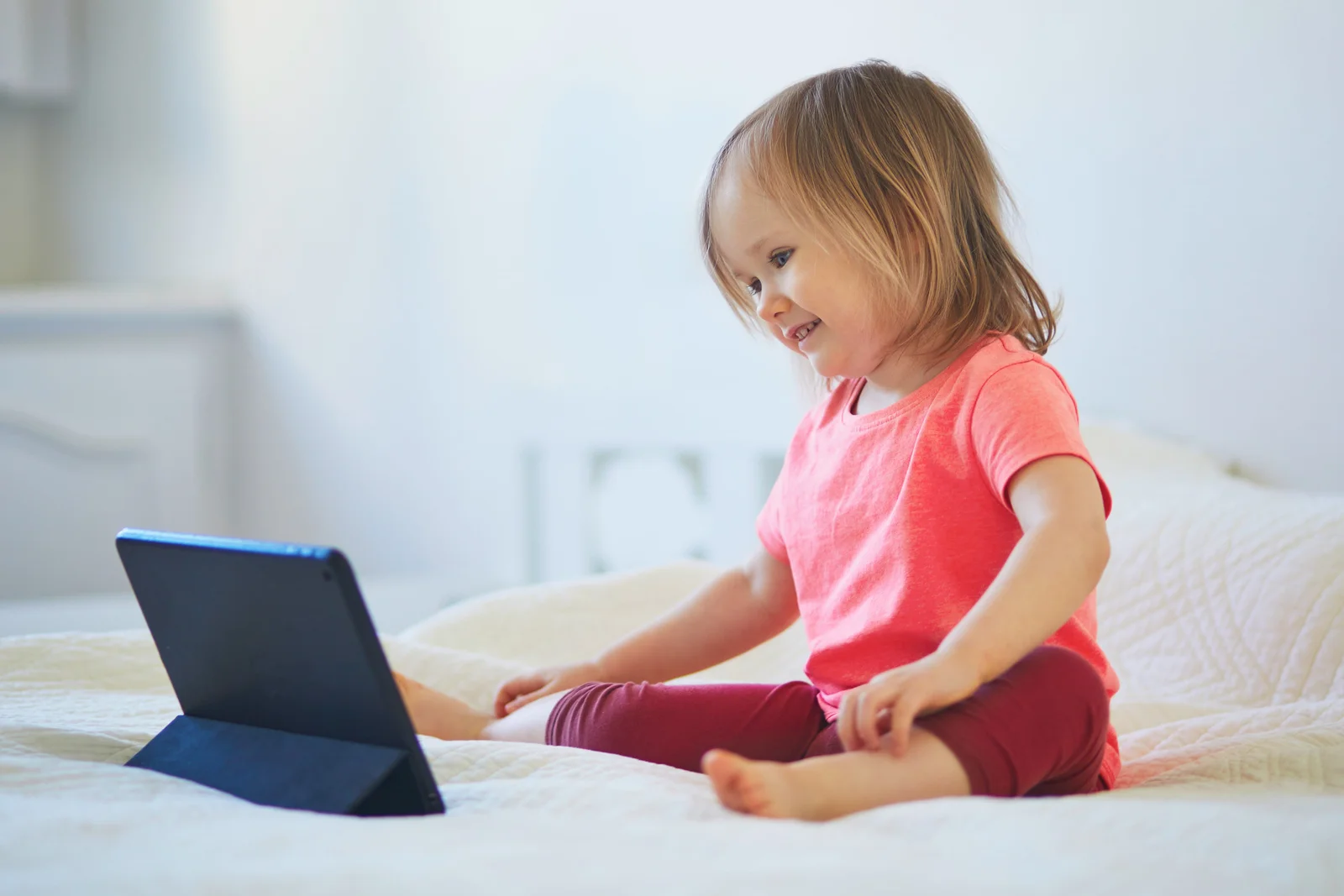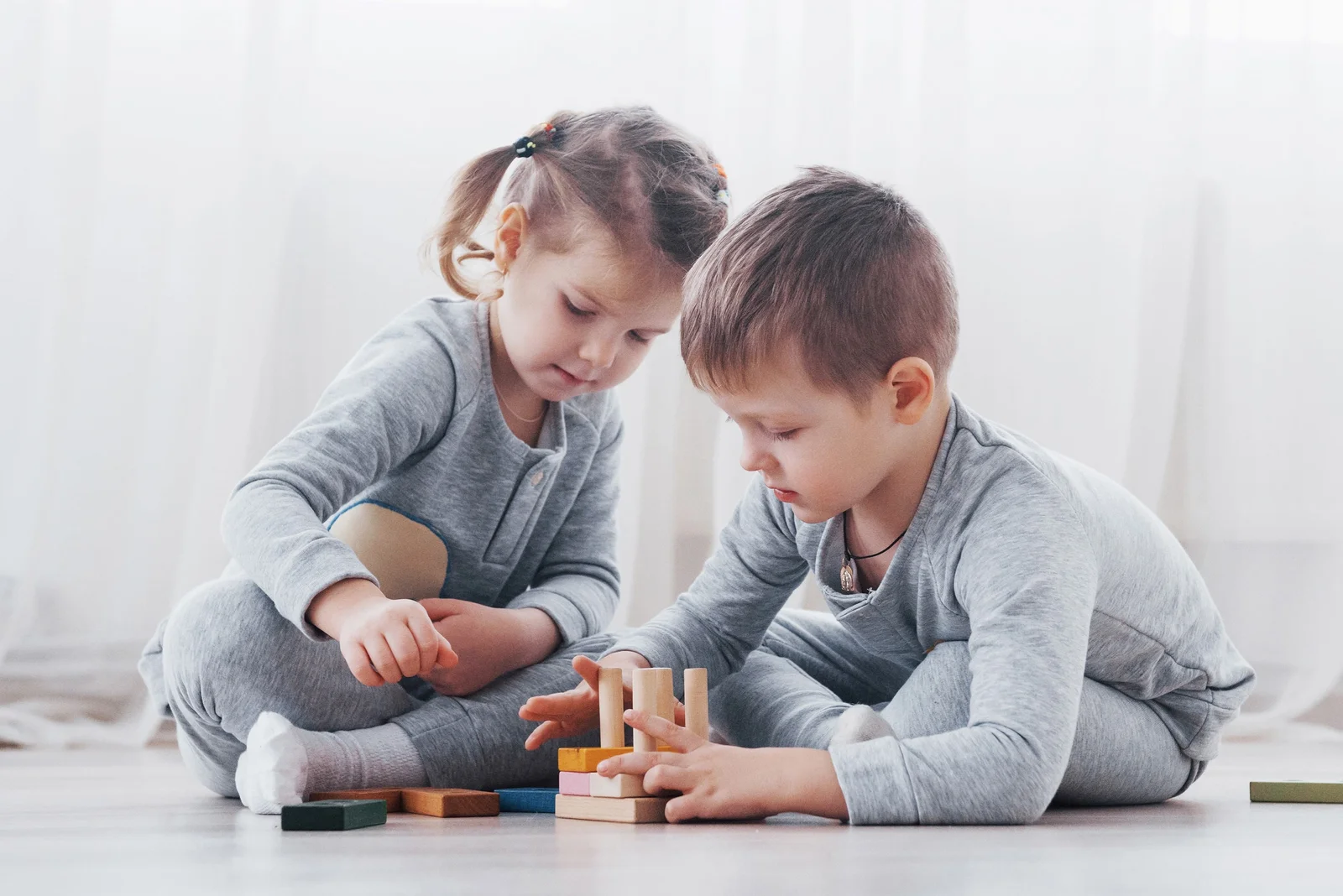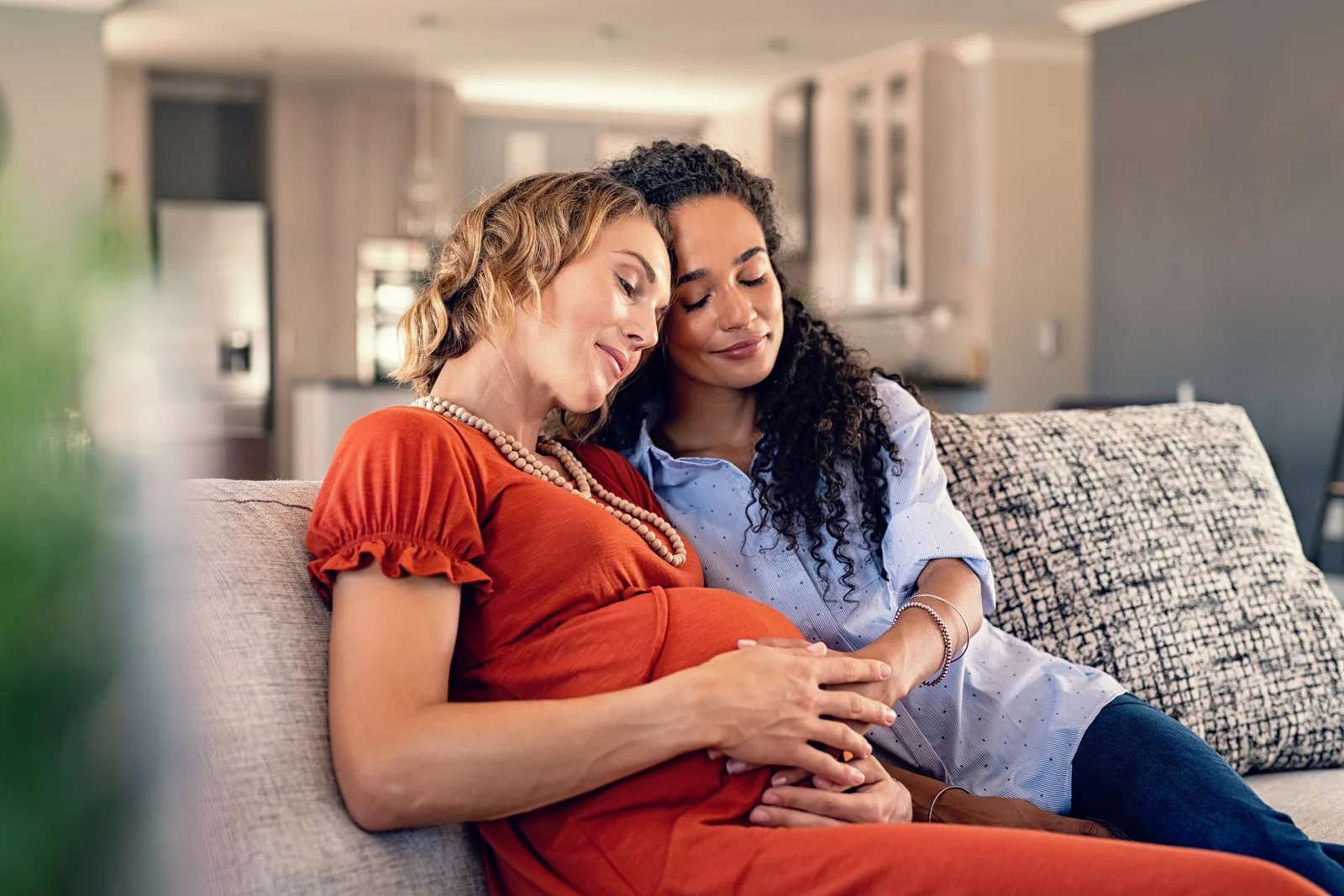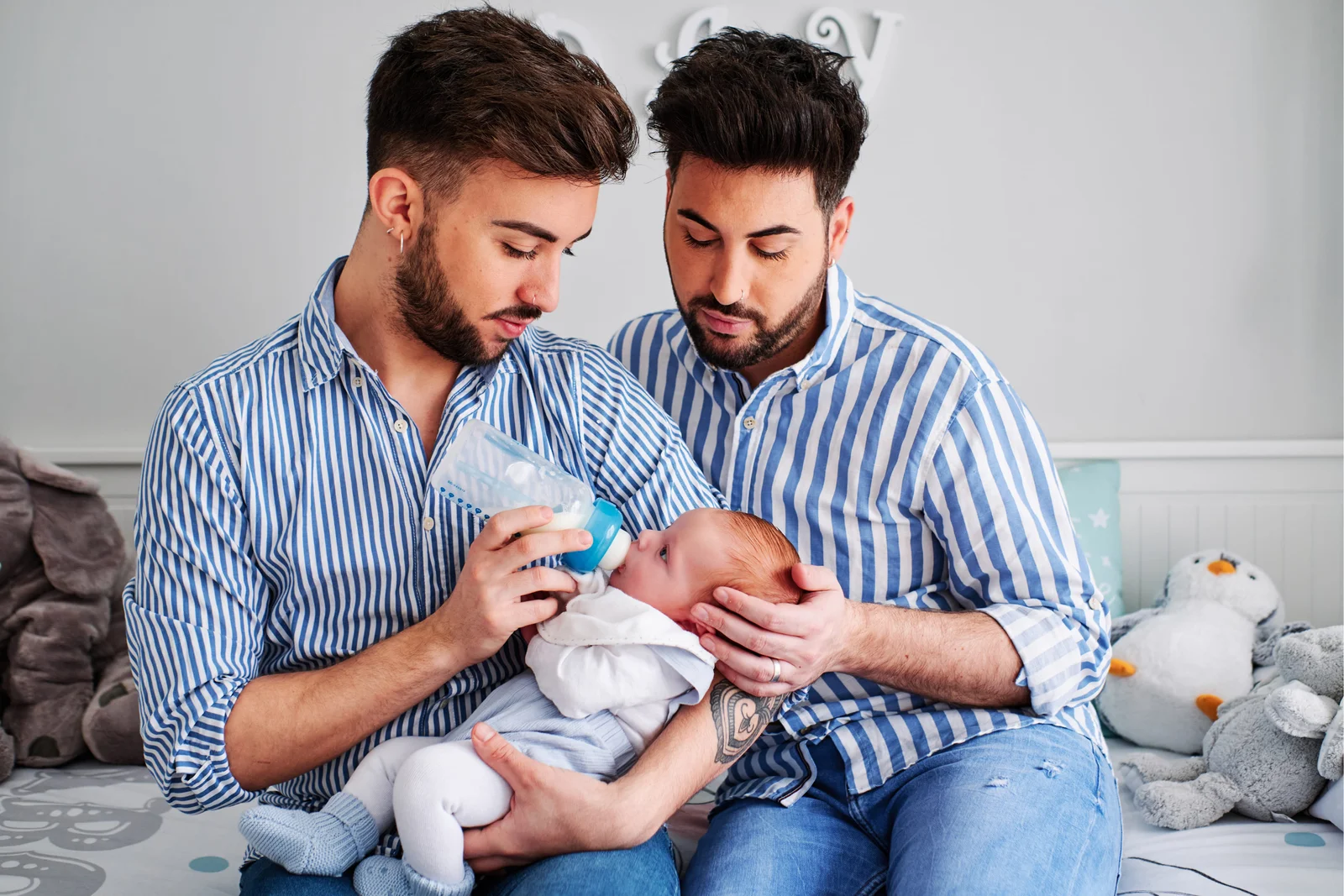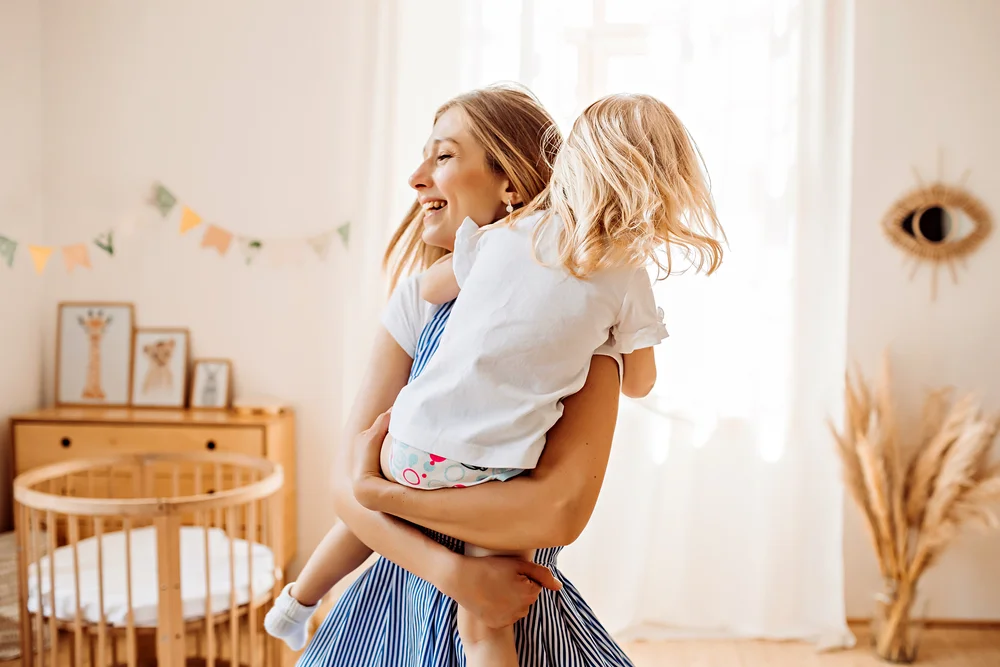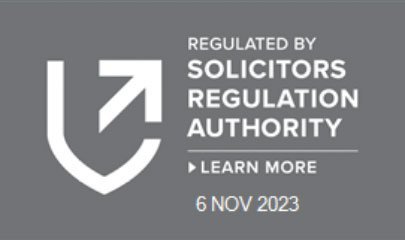What about the headlines?
Why are there so many headlines about fathers who cannot see their children – is it fair that children are stopped from spending time with their Dads?
The truth is that it is not fair for a child to be prevented from seeing either parent. Children usually do best when they have contact with both parents and they should have the right to spend time with them (unless contact with their parent is against their best interests). Despite the headlines, the courts always aim to put the needs of the children first and we have seen an increase in separated parents co-parenting effectively, as well as the court endorsing arrangements for children to live with their Dads.
What can Dads do?
The simple answer is to always put your children first, but what does this mean in reality?
1. Consider what’s really best for your children.
Lots of Dads leave the family home to minimise disruption to their family, but this is not always the best option so consider the needs of your family, rather than simply doing what you think is the norm. If your children’s Mum has been the primary care giver it may be appropriate for you to move out, but this is not always the case so it can be a good idea to seek legal advice before you leave. If you do move out of the family home, remember that your children might not fully understand what is happening and they can feel rejection and even guilt. It will help them, and you, to know when they will next see or hear from you. Remember that any contact is better than no contact so call, text, write or email if you are unable to see your children, or do this in addition to seeing them if you think it will help them.
2. Try to stay positive but be honest.
Divorce and separation is stressful for everyone and particularly hard for parents who have a close bond with their children and can no longer see them every day. Talk to your family and friends about how you are feeling. There are also national forums supporting men and local Dads groups that can provide advice and support, such as OnlyDads, TheDadsNet and Andy’s Man Club. Gingerbread includes resources and an online forum for all single parents.
3. Keep an open mind.
It can be difficult to adjust to your new life and get a plan in place that works for both parents as well as the children, so try to be open-minded. It is more common for very young children to spend more nights with one parent, but that is not always the case. The most successful arrangements involve compromise and understanding on the part of both parents. Try not to focus solely on what you want, but consider the wishes and needs of the whole family, especially your children, who may surprise you with what they want.
4. Keep things as amicable as possible with the children’s Mum.
Not only will this be better for your children, in both the short and long term, it will help when agreeing more permanent contact arrangements.
How does it work in real life?
No matter how hard you try, things will not always go smoothly in real life. All you can do is try to be the best parent that you can be. Ayse shares her story of her parents’ separation because her Dad did just that and she believes that he is a great role model for all Dads. Her Dad shares his advice to help and give hope to other Dads who find themselves in a similar situation.
As is often the case, Ayse stayed with her Mum in the family home when her parents separated, but it was a very difficult time and she moved in with her Dad 6 months later.
“My parents called my sister and me downstairs into the kitchen one morning. They said they were getting a divorce and my Dad would be moving out immediately. Although I knew things weren’t good at home, it’s not something I had even contemplated. At the time it almost felt like a snap decision from my parents, but I know now it had been a long and difficult decision for both of them. Through my shock and emotions, I could instantly see that everything was going to change, including our family dynamic and our routines. Adjusting was going to be incredibly hard.
My Dad moved out that day and I automatically assumed I would always live with my Mum. My friends that had divorced parents all lived with their mums, so it was how I assumed it would be for us. As soon as Dad left, I felt guilty. Why should he have to be alone while we continued living at home together?
Although Dad left the family home to make things as easy as possible for the rest of us, I found it difficult to be there. There was a lot of tension and it was a very emotional time. I was surprised to find that Dad became my rock, giving me the sense of normality, support and calmness that I was craving. It was a difficult decision to make, especially as I didn’t want either parent to think I was picking one over the other, but I decided to move in with my dad.
I think it’s important to put out there that there is no “norm” when it comes to what parent you choose to live with. I decided to move in with my Dad permanently, because at the time it was what I needed. My sister moved in with us later, but she moves back and forward between both addresses and that’s what works for her.
I know it was very difficult for my Dad when he moved out. Although we hadn’t spent lots of time together because he worked long hours and led a busy life, we were used to seeing each other every day. To go from that to seeing us once or twice a week was hard on him and on us.
Having us move in with him can’t have been easy either. He had to adjust his hours at work and would always keep his Saturday evenings free for my sister. He suddenly had a lot more to think about, but it didn’t seem to faze him. We needed him to step up and he did, there was never any doubt that he would. He just needed the chance to do so. We learned to make a new routine together. We started and still do have breakfast together and get the train to work together, we walk our dog Boo together.
I think my dad is amazing. He is an incredibly supportive and sympathetic person. Whether that is support in terms of emotional support (I am grown up, but divorce is hard on everyone!) or supporting us in our studies, he is always there for me and my sister. This is something that I never realised, or perhaps appreciated, until I started living just with him. I know the feeling is mutual when I say that it brought us all closer together.”
Her Dad says:
“It was a simple decision to have my children live with me, I left because that is what I thought was best at the time, but I always wanted to live with them. What was frustrating was that for a considerable period of time I physically couldn’t do that and in relation to one of my children I was estranged from them and that was a time of great anxiety for me. It was also a time of shock because whatever the state of one’s marriage, it is extremely upsetting when you suddenly find yourself away from the family and away from your children.
I would say that ending a relationship can be very painful and that pain can manifest itself as anger towards your former partner, but try to separate your own hurt from your children and think about what is best for them. Avoid hating or criticising your former partner in front of your children, not because that would be unjustified, but more because it can cause long term damage and negative feelings and that doesn’t help anyone, especially your children.
If I can give other Dads one piece of advice it is to keep talking to your children however you can. Whatever was happening, I always tried to keep in contact with my children and that gave me strength in what was a really tough time and reassured them that I was still there for them.
Remember that living with mother doesn’t have to be the norm. The truth is when families split up everything changes, and different things will work for different families. It hasn’t been easy but ultimately I have been lucky as I’ve built a deeper adult relationship with my children and we are far closer now than I could ever have imagined.”
Legal Advice
For advice on any child contact matters or father’s rights, please contact Louise Allard or Sabrina Bailey through the online enquiry form or telephone 020 7993 2936 to arrange a no-obligation consultation.

